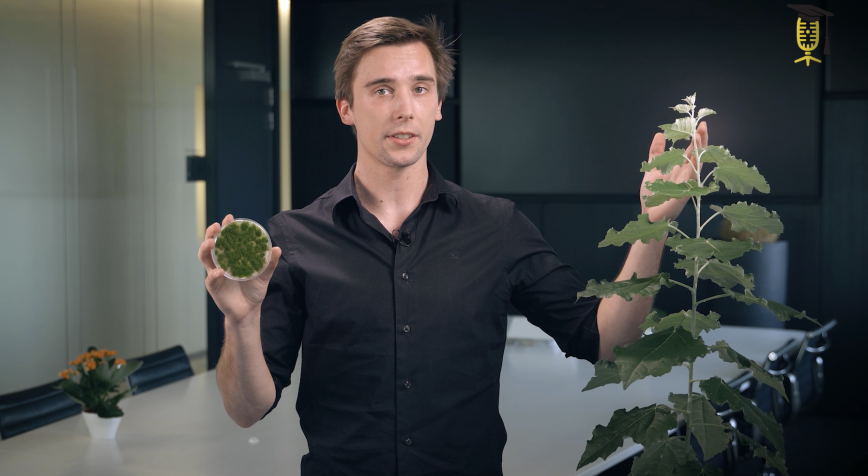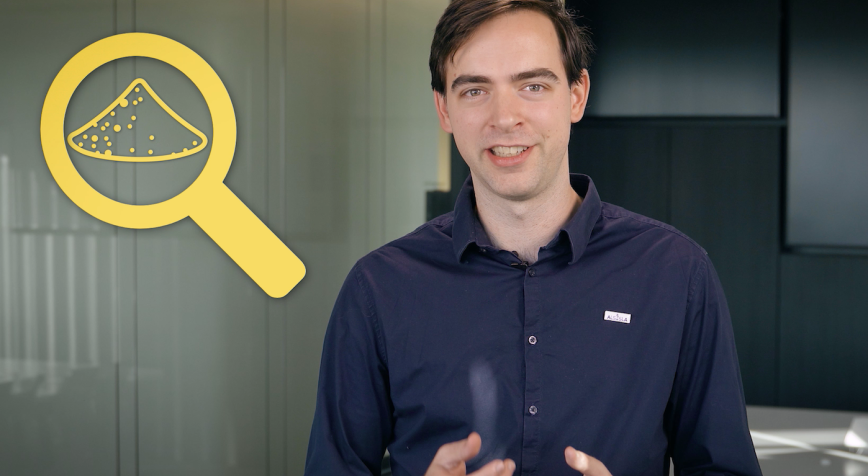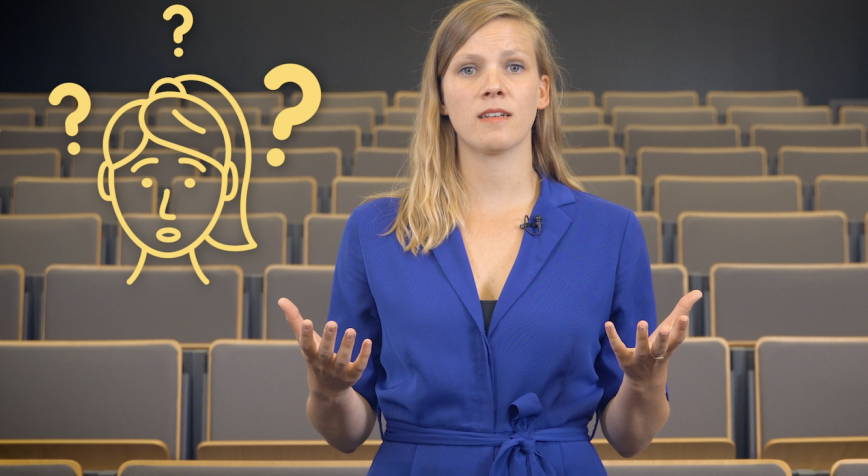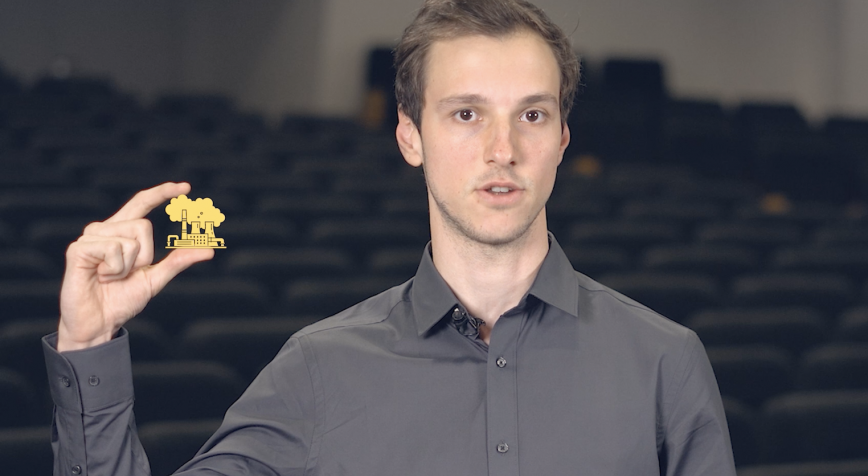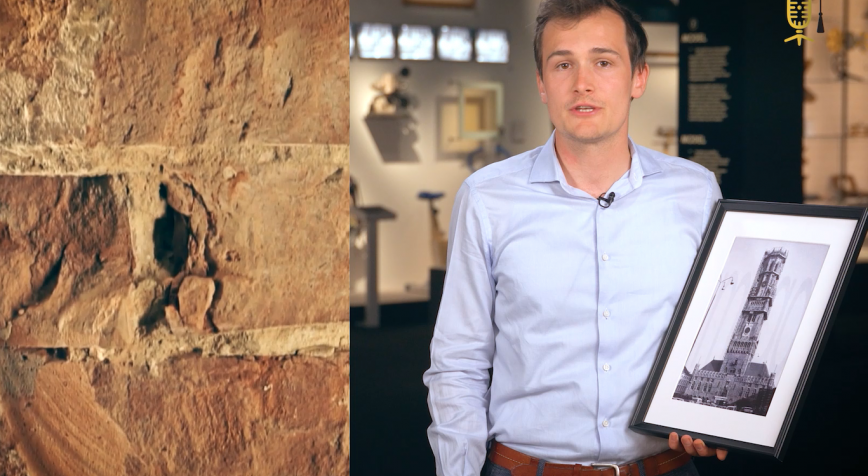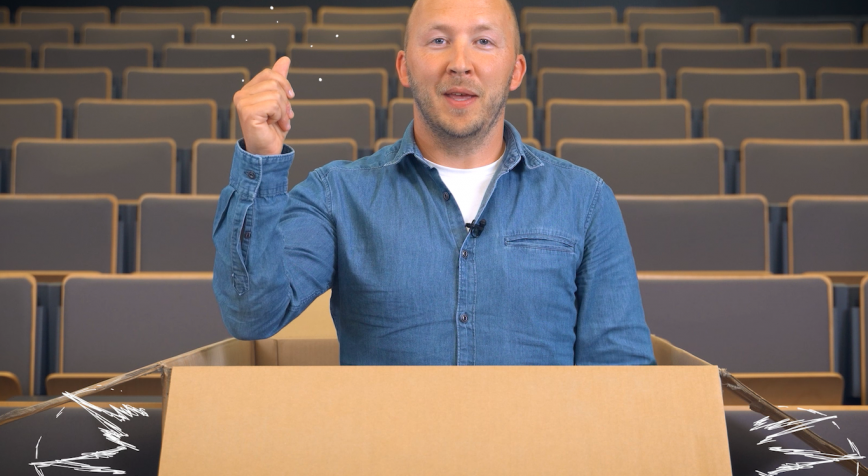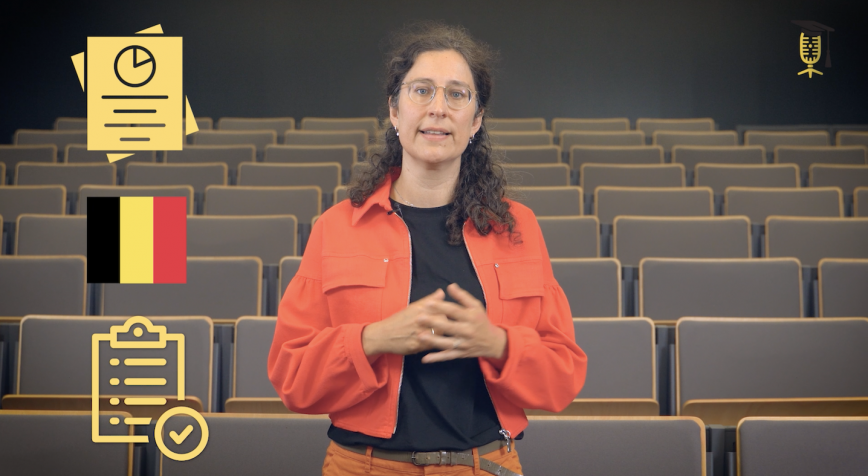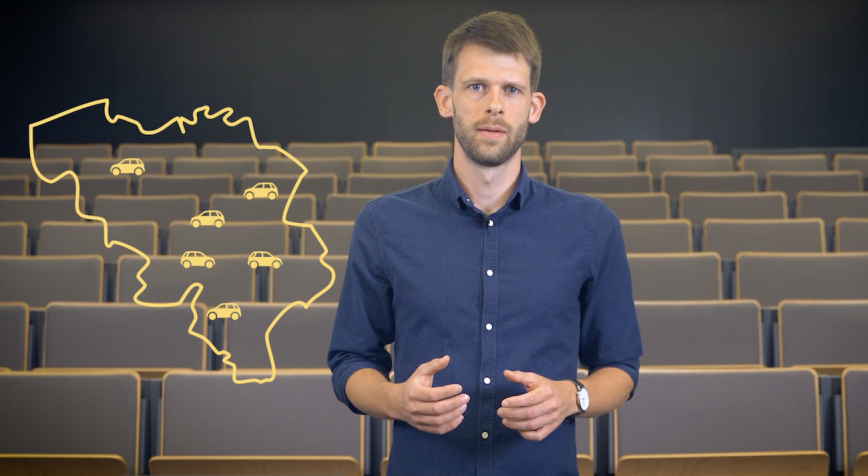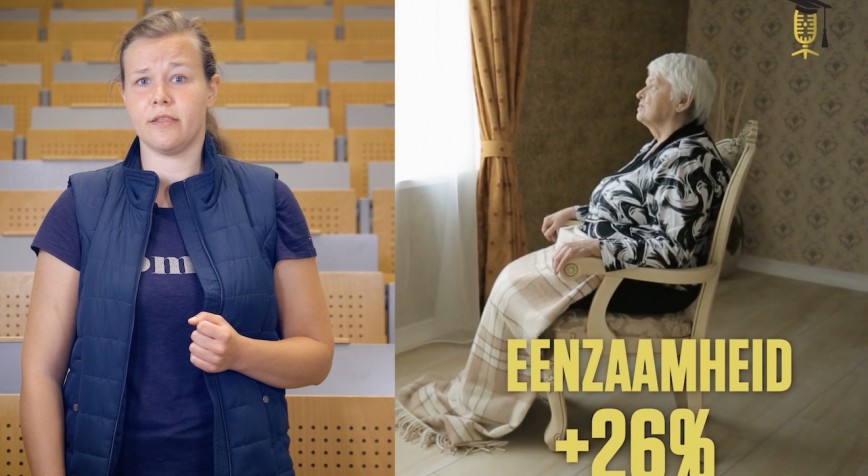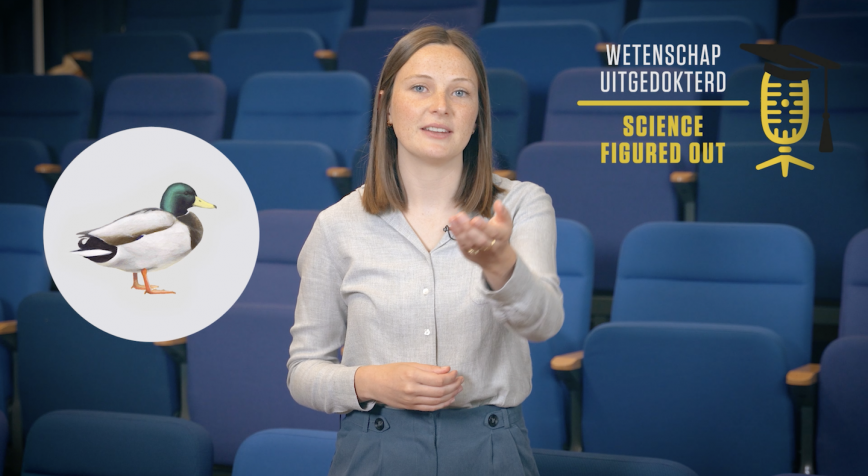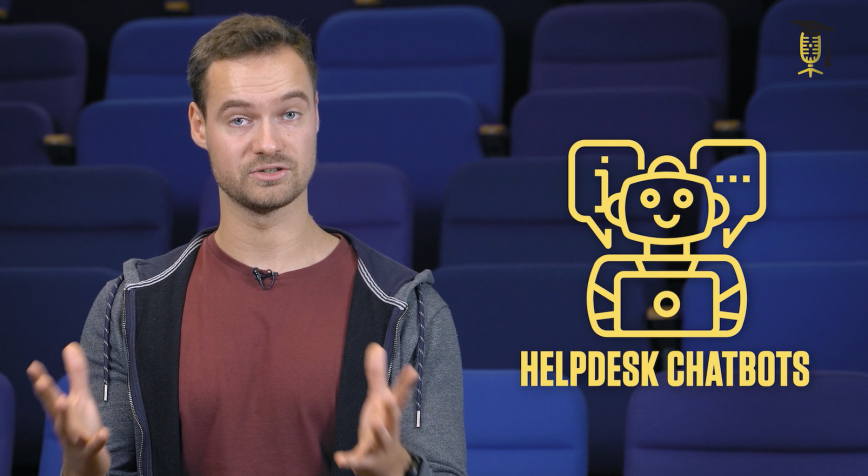
UGent
Vlerick
Do you trust Artificial Intelligence?
Did you know that AI can help doctors detect breast cancer? Or that it can be used to predict sepsis, a life-threatening condition, in premature babies? AI seems to be a great advancement in many ways, yet many people fear or don't trust the technology. Ignace Decroix wants to identify what exactly causes people to have more or less trust in AI.
